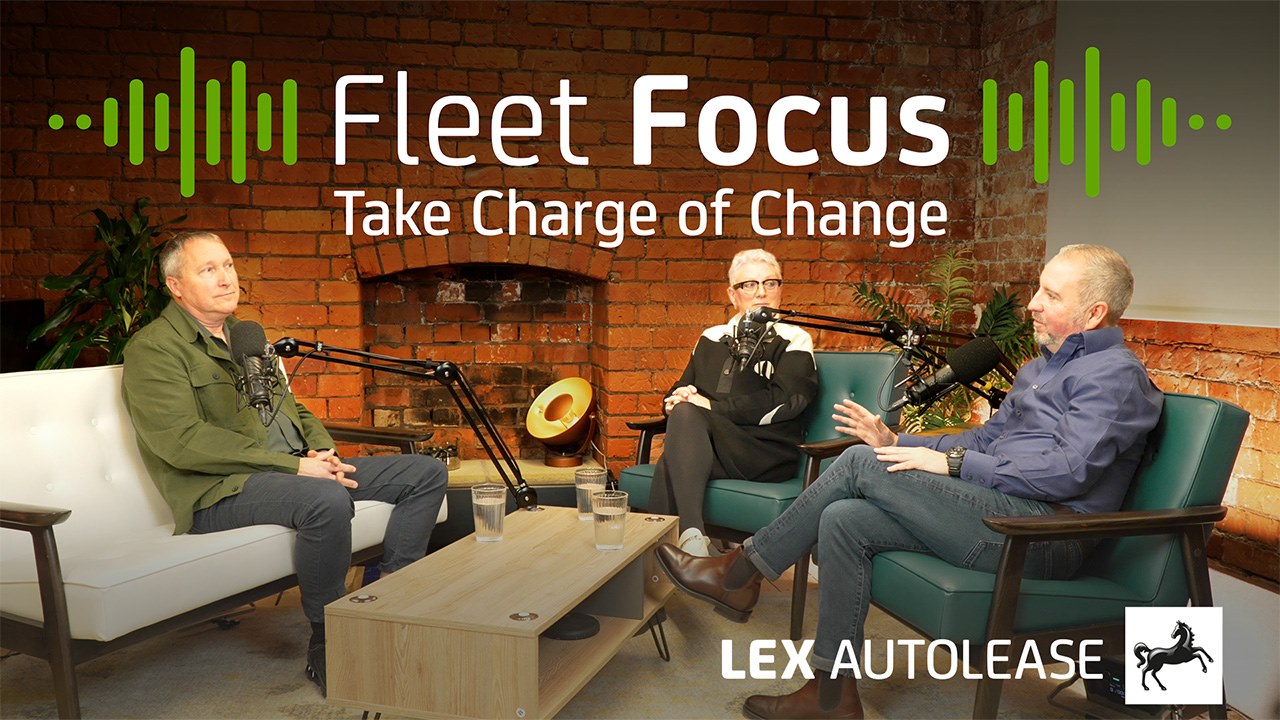LEXperts media hub
Insight from industry leaders
Welcome to our LEXperts media hub, your go-to resource for expert insights and industry trends. Our series features in-depth discussions and valuable perspectives from our team of specialists on the latest developments in the leasing sector. Explore our complete collection of episodes to gain valuable perspectives and stay ahead in the industry.
Fleet Focus: The Future of Fleets
Modern fleet management is changing faster than ever and it can be hard to know the right path forward.
The LEXperts got together with Wayne Warburton, Head of Mobility Services at Siemens plc to chat through the range of solutions fleet managers are using to meet today’s hybrid working challenges.
Or if you’d prefer, listen on Spotify - great for when you’re on the move and want to keep up with the latest on this topic.
Want to learn more? Read our article.
Finding your path
Chris Chandler discusses the benefits of going electric and the importance of having a solid plan.
Right vehicle, right job
Andy Hill explains the benefits of staggering your transition and choosing the right eLCVs for your fleet.
Fleet operations
Our experts cover charging logistics and driver education to ensure a smooth transition to electric.
Cost benefits
Carol Roberts breaks down the Whole Life Cost benefits and how transitioning supports your bottom line and sustainability targets.
Information correct at time of filming. Opinions expressed are those of the individuals and do not necessarily reflect that of Lex Autolease.
Sources:




